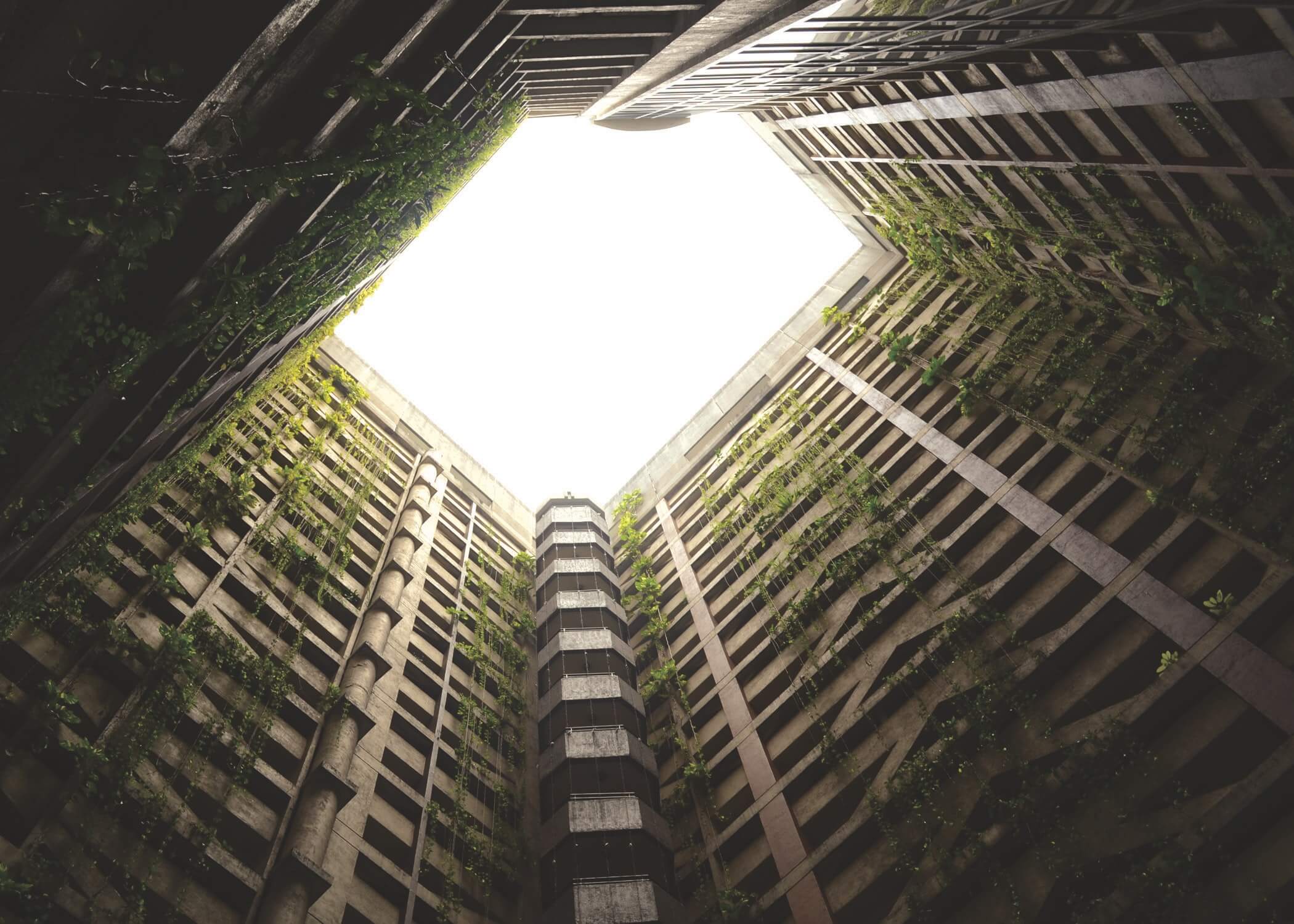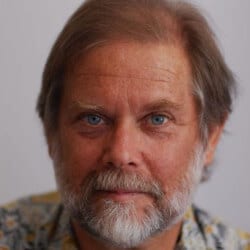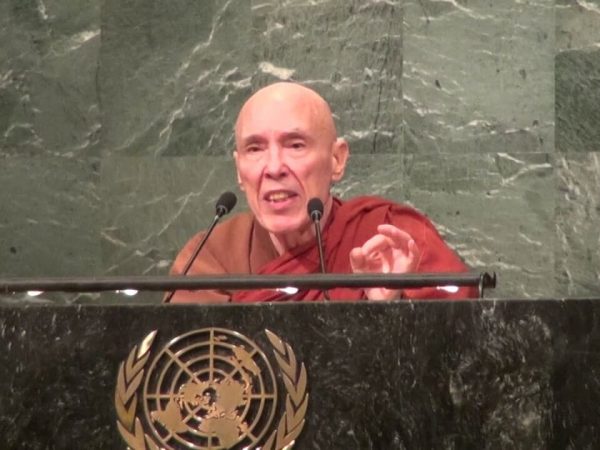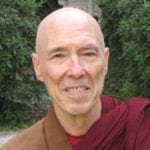We are seeing a perfect storm of converging crises that together represent a watershed moment in the history of our species. We are witnesses to, and participants in, a transition from decades of growth to decades of economic contraction.
True development is in harmony with the needs of people and the rhythms of the natural world. Humans are part of the universe, not its masters. This awareness of the interrelatedness of all things, as expressed in Buddhism, is also lived in the traditions of indigenous peoples throughout the world.
We are seeing a perfect storm of converging crises that together represent a watershed moment in the history of our species.
It is increasingly obvious that natural limitations will soon force economic growth to cease. Although this view has been well-studied for at least 40 years, it still remains largely unexamined by the mainstream media. National leaders and corporate CEOs continue to insist that the economy is the true heartbeat of human society, and its growth is the only valid measure of social progress. From this perspective there is very little difference between the top levels of government and the top levels of corporate management. Both are preoccupied with promoting endless growth, because both believe in what Adam Smith called the “invisible hand” of the market, which magically transcends physical and biological limits.
As Dan Hamburg concluded in 1997 from his years as a U.S. Congressman, “The real government of our country is economic, dominated by large corporations that charter the state to their bidding. Fostering a secure environment in which corporations and their investors can flourish is the paramount objective of both [political] parties.” Back in 1932, Huey Long expressed this colorfully: “They’ve got a set of Republican waiters on one side and a set of Democratic waiters on the other side, but no matter which set of waiters brings you the dish, the legislative grub is all prepared in the same Wall Street kitchen.”

However, something more powerful than an invisible hand is turning our economic assumptions upside down. Economic growth remains blocked. The so-called “recovery” of the last two years (recovery for the banks and Wall Street, not for the rest) has stalled. The official explanation blames the vast accumulation of financial debt. But there are other long-term obstacles to growth that are even more difficult to address, especially the shock of resource depletion. Since the 1970s there has been a recession every time the price of oil passes $80 per barrel. An increasing number of environmental disasters are resulting from oil drilling and nuclear power generation. Large-scale global warming impacts have already appeared in Russia, Pakistan, China, Africa and Australia — and Texas. The consequences include major reductions in crop yields that are driving up world food prices.
Buddhists should add their voices to other calls for society to go beyond the one-dimensional measurement of gross domestic product (GDP), which is merely a crude total of collective expenditures.
As Richard Heinberg points out, these are converging crises. They will compel our civilization to re-think the way it understands the relationship between the economy and the rest of the biosphere. Sooner or later, we will have to adopt a sane and well-reasoned “steady state” economy that operates mindfully within the Earth’s resource and energy budget. Although you would not guess it from the mainstream media, our contemporary obsession with economic growth is already a “dead man walking.”
Thai Buddhist elder Sulak Sivaraksa1Link updated for this version of the article. believes the future of the world must include interconnectedness, which for him is a spiritual perspective that dwells in the human heart. Globalization preaches the interdependence of nations, but that type of economic interconnectedness functions in a very different way: in Asia it has brought free-market fundamentalism, environmental degradation, and the destruction of Buddhist culture and values by consumerism. The same inner corrosion has been happening in “overdeveloped” as well as in “underdeveloped” countries. Individuals are induced by advertising to earn more to acquire more, creating an endless cycle of greed and insecurity. Those who die with the most toys “win.”
Today it is essential that Buddhists think critically and challenge the fetish of economic growth.
According to Buddhist teachings, it doesn’t have to be like this. Buddhists should add their voices to other calls for society to go beyond the one-dimensional measurement of gross domestic product (GDP), which is merely a crude total of collective expenditures. The Buddhist kingdom of Bhutan has developed an alternative way to calculate social improvement, the Gross National Happiness Index2Link updated for this version of the article.. This measures nine aspects of society: time-use, living standards, good governance, psychological well-being, community vitality, culture, health, education and ecology. The Happy Planet Index3Link updated for this version of the article. (HPI), developed by the New Economics Foundation in the UK, compares life satisfaction, life expectancy and ecological footprints across the world. Countries that exemplify “successful economic development” are some of the worst performers in sustainable well-being. Britain is midway down the table in 74th place. The U.S. is in 114th place. Costa Rica has the best score.
Today it is essential that Buddhists think critically and challenge the fetish of economic growth. Buddhist leaders such as the Dalai Lama, Thich Nhat Hanh and Sulak Sivaraksa have been emphasizing this for years, and now the crunch has arrived. If humanity is to survive and thrive during this century, we must quickly learn to accept — indeed, to embrace — the need for limits. Buddhist teachings emphasize that this does not require a reduction in the quality of life. On the contrary, a creative “downshift” will help us to focus on what is most important in life.
If, in the midst of converging global crises, we wish to enhance our awareness of the interrelatedness of all things, and promote genuine spiritual contentment, we must emphasize and live by another way of life: the steady-state economy. In this fashion we can minimize, for ourselves and others, the social difficulties of transition from decades of economic growth to decades of economic contraction.
This article was originally published on Ecobuddhism.org on October 9, 2011. It is reprinted here with permission.
References
- 1Link updated for this version of the article.
- 2Link updated for this version of the article.
- 3Link updated for this version of the article.







